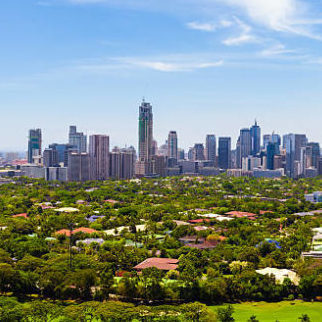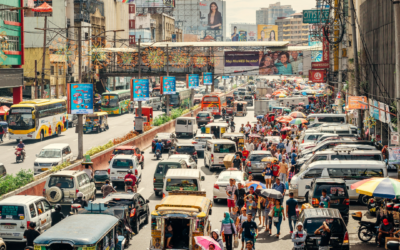Free the Slaves is excited to announce new partnerships with local organizations in the Philippines. These partnerships will allow us better to understand the context of slavery in the Philippines and strengthen our efforts to combat it. We partner with the Balaod Mindanaw, JPIC-IDC, and Voice of the Free. These organizations will help us strengthen research-based knowledge of stakeholders, capacitate grassroots organizations, raise awareness about modern slavery, and advocate for policy changes locally. We are confident that these partnerships will significantly impact the fight against slavery in the Philippines.
The Philippines is a country of origin, transit, and destination for human trafficking. The Philippine government has fought trafficking through law enforcement and victim protection measures, but the problem persists. Organizations must work together to raise awareness and advocate for more effective policies and laws. Only by pooling resources and sharing information will they be able to combat human trafficking in the Philippines effectively.
New Partners of Free the Slaves
BALAOD believes in the legal empowerment of marginalized groups and communities to advance their access to justice, gender equality, and legal improvement in the ownership and use of natural resources (resource tenure) within the context of people actively participating in governance. The organization constantly engages with various marginalized groups through paralegal formation and capacity-building, alternative lawyering, policy formulation, and advocacy that is guided by active and non-violent participation as a vital standard.
JPIC-IDC wants to raise awareness of the social issues of Trafficking in Person, Violence Against Women and Children, and Online Sexual Exploitation of Children among the members of the communities it serves. Equally, it helps to capacitate LGUs, Duty Bearers, communities, etc., in addressing these social issues. Recently, JPIC-IDC implemented the Cinemobile project, which helped in the prevention and action against human trafficking and VAWC in Caraga Region in Mindanao.
Established in 1991, Voice of the Free – VF Foundation, Inc. is an officially accredited Philippine non-government organization known for innovations in addressing modern-day slavery, specifically human trafficking, and domestic servitude. VF has partnered with over 400 local and international socio-civic groups, NGOs, government agencies, and private institutions. Voice of the Free envisions a society where people are free, protected, and empowered to explore opportunities without the risk of slavery, exploitation, and abuse.
These partnerships with Balaod Mindanaw, JPIC-IDC, and Voice of the Free will allow Free the Slaves to contribute to raising awareness of the issue of slavery and human trafficking, provide training and support to stakeholders in safeguarding communities, and lobby for stronger laws and enforcement against the perpetrators in various communities and localities.
Partnerships among organizations are critical to developing an effective response to trafficking. Organizations can share resources and expertise by working together, pooling their efforts to make a more significant impact. Partnerships also allow for developing new and innovative approaches to addressing trafficking. Organizations can increase their reach and effectiveness in fighting this scourge by working together. Organizations that work together in a partnership can better combat human trafficking and safeguard communities.
Free the Slaves is committed to ending slavery in all its forms. We are grateful for the trust of our new partners in the Philippines to contribute to this effort. Together, we can create a world where freedom is a reality for everyone.




